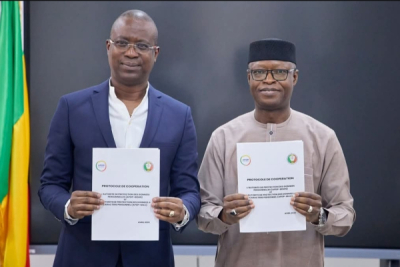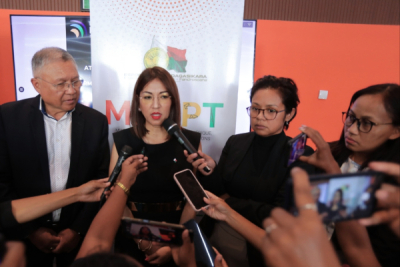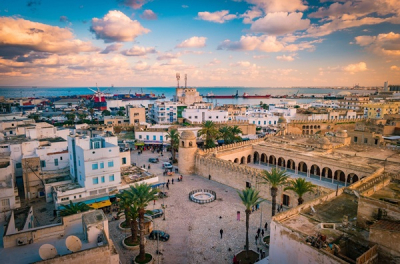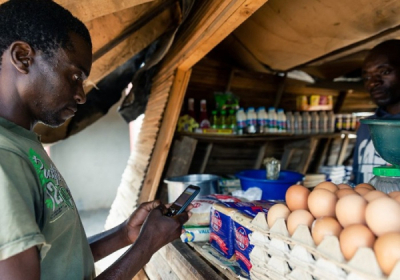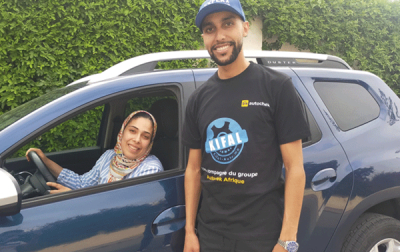Despite a notable evolution of fintech in sub-Saharan Africa, the Islamic segment of this market has issues taking off. This gap, however, could be exploited by the region for its growth.
Talking about regions that leverage opportunities offered by Islamic fintech (iFintech), Sub-Saharan Africa keeps lagging – according to the Global Islamic Fintech Report 2021. “Sub-Saharan Africa, MENA (ex-GCC) have gaps across the 9 iFintech services segments,” the report reads.
Sub-Saharan Africa (SSA), the report’s authors found, has seven (7) iFintechs - the lowest compared to the world’s other six (6) regions. In detail, SSA has 2 Islamic Fintech firms in the alternative finance category, 2 in deposits and lending, and 1 each in the raising funds, wealth management, and social finance categories. Meanwhile, a region like Europe, which ranked third out of six, has respectively 11, 13, 8, 8, and 4 iFintechs in these same categories.
The findings contrast with the rapid evolution of fintech services - mobile money, and microcredit services notably - in SSA. At the country level, Nigeria has the most iFintechs in Sub-Saharan Africa. In Africa, it is even ahead of countries like Egypt, Morocco, and Tunisia where Islam is more widespread.
According to the report, skill deficit, poor regulation, and insufficient resources are the reasons preventing iFintech from thriving in Africa. However, the authors estimate that by 2025 the fintech market could grow at more than 25% CAGR in Senegal, Tunisia, and Nigeria. A projection that corresponds to a target transaction volume of $2 billion.
Idriss Linge



